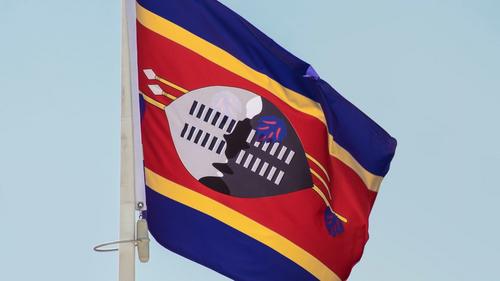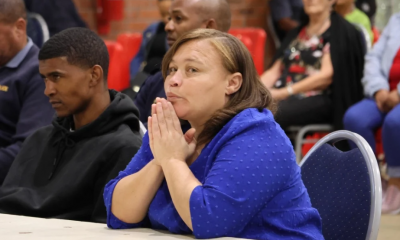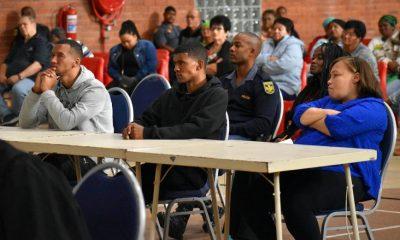World
Eswatini Holds Parliamentary Elections Amid Calls for Democracy

Eswatini voted for parliament today, Friday, 29 September 2023. The last absolute monarchy in Africa conducted legislative elections despite recent pro-democracy protests that turned deadly. As per EWN, these elections will unlikely bring significant political change to the tightly controlled kingdom.
Over 500,000 registered voters in this southern African nation of 1.2 million will participate. However, the vote primarily determines the composition of the lower house of parliament, which provides advisory functions to King Mswati III, the absolute monarch holding ultimate power.
The election results, although seen as a formality by the opposition, who primarily advocate for a boycott, will be disclosed in the coming days.
Political parties remain prohibited in Eswatini, and lawmakers cannot have affiliations with political entities. Instead, the selection of MPs is rooted in “individual merit” according to the constitution. However, opposition groups often operate from abroad.
Traditional chiefs close to the king nominated Candidates during village councils. The majority of these candidates are loyal to King Mswati.
Also read: Minister Nzimande Leads Delegation to Japan to Strengthen Hydrogen Economy Cooperation
In power since 1986, King Mswati, aged 55, is above the law constitutionally. He appoints the prime minister and the cabinet, can dissolve both parliament and the government, and commands the police and army. Acts of parliament require his approval to become law.
Pro-democracy protests rocked Eswatini in 2021, which resulted in dozens of casualties as security forces forcefully suppressed calls for reforms. Two opposition lawmakers elected in the 2018 vote are imprisoned, while another is exiled.
Despite criticism of his opulent lifestyle, King Mswati remains committed to maintaining the traditional monarchical system, as argued by his advisers.
Life is a daily struggle for many of Eswatini’s 1.2 million residents living below the poverty line. The country’s economic capital, Manzini, witnesses financial hardships firsthand, with many educated youth facing unemployment.
Criticism of the monarch is strongly discouraged and can lead to imprisonment, highlighting the challenges faced by those who seek political reform in the nation.
Also read:
Picture: Unsplash / aboodi vesakaran
Follow us on Google News.





















